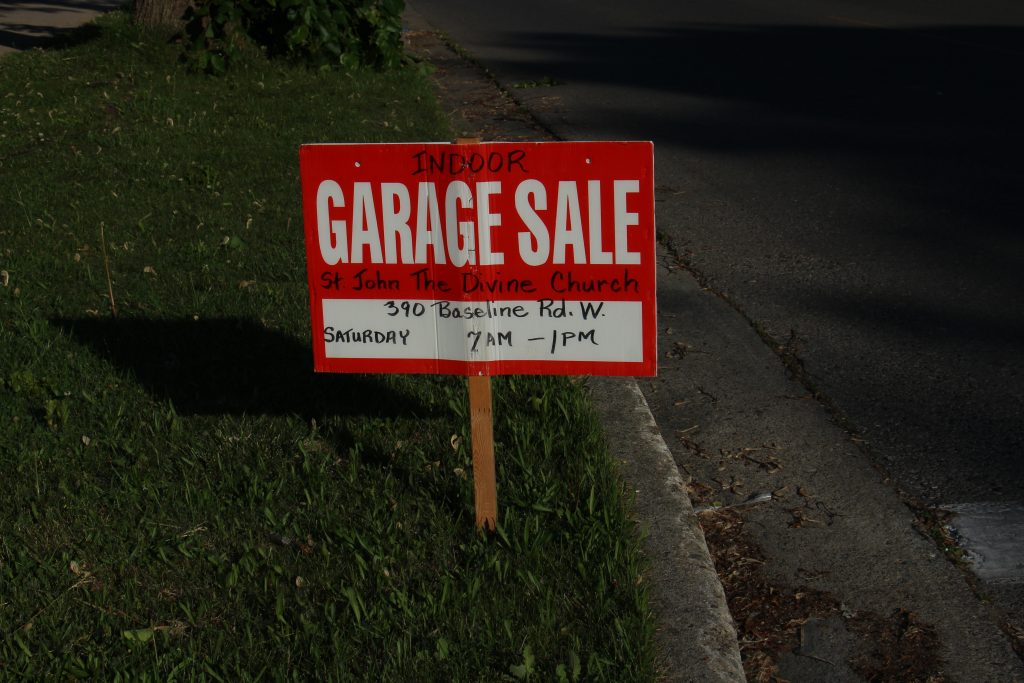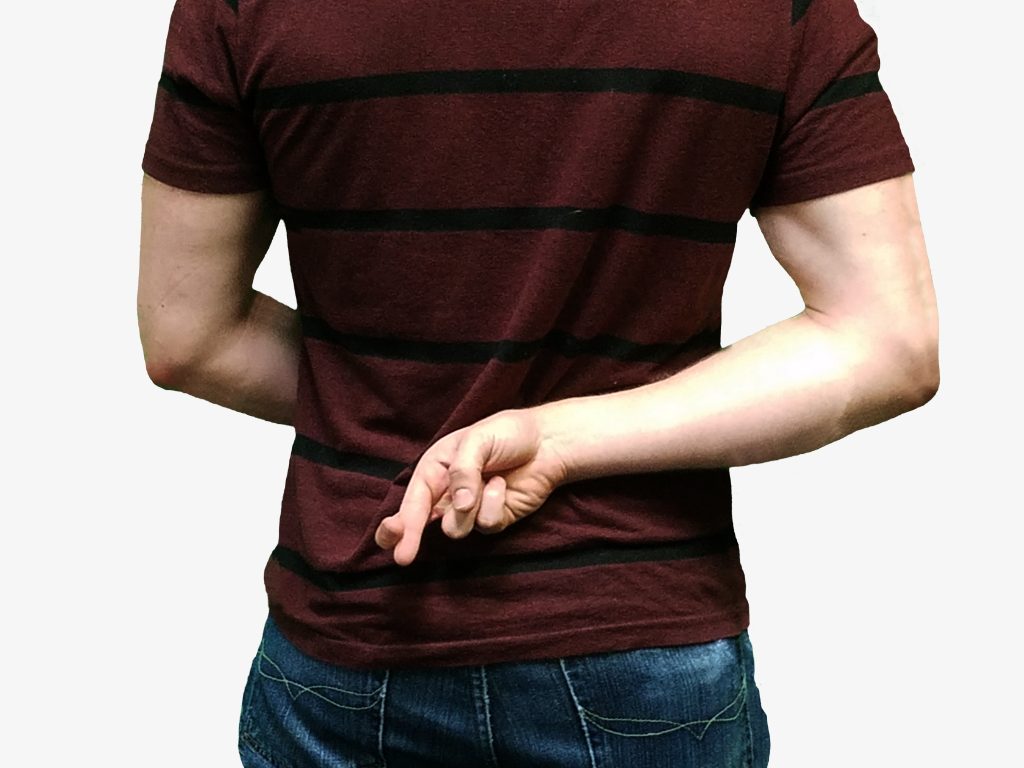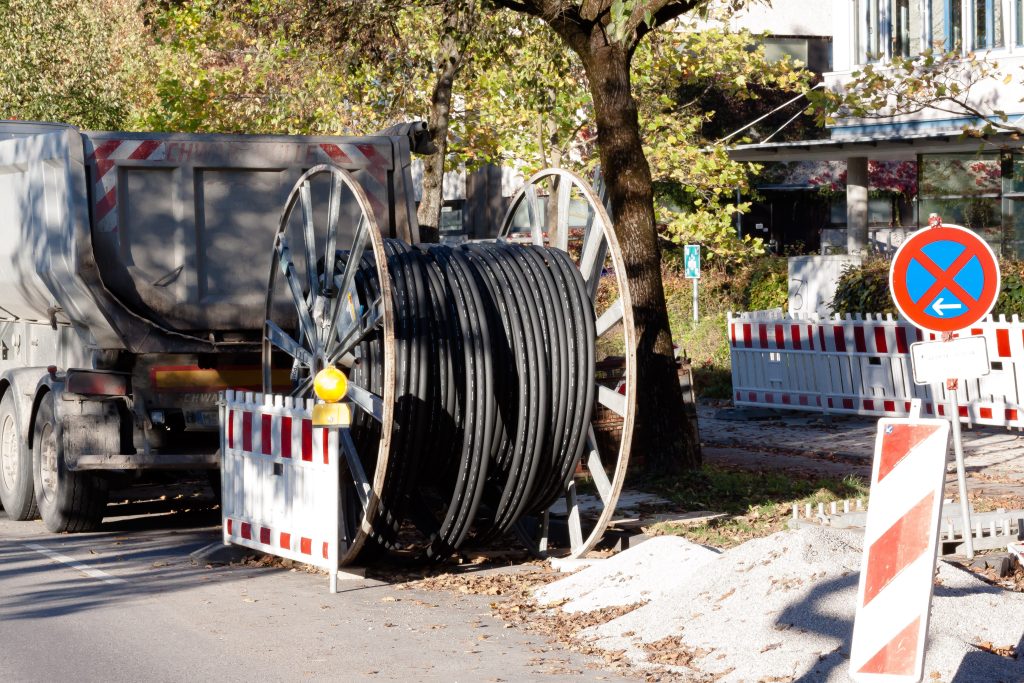 If you and your family members are injured in an apartment fire, you might think you would be able to recover for your injuries from the apartment owners. However, the law may only allow you to recover for your damages with sufficient evidence to support your claim.
If you and your family members are injured in an apartment fire, you might think you would be able to recover for your injuries from the apartment owners. However, the law may only allow you to recover for your damages with sufficient evidence to support your claim.
Afrah Qasem and her daughter, Asary Shotah, tried to escape from a fire in their apartment by jumping out of the window of their apartment on the second floor. They filed a lawsuit against Acadian Apartments for the injuries they suffered. Qasem and her daughter claimed they had been injured due to Acadian’s negligence. They claimed Acadian did not have sufficient policies and procedures in place, did not have working fire alarms or fire extinguishers, and had insufficiently marked emergency exits.
Acadian responded, claiming that Qasem and her daughter had caused the fire by using a candle or other similar device and did not extinguish the fire. Acadian wanted $50,000 in damages for the fire. Acadian filed a summary judgment motion under La. C.C.P. 966, claiming Qasem and her daughter could not prove Acadian had caused the fire and was liable for their damages. The trial court granted Acadian’s summary judgment motion. Qasem and her daughter appealed, claiming the trial court erred in granting Acadian’s summary judgment motion.
 Louisiana Personal Injury Lawyer Blog
Louisiana Personal Injury Lawyer Blog


 Depending on the outcome of a trial, when the jury renders its verdict, you might be excited or sad. No matter how you feel, you must review the trial court’s judgment to ensure it is sufficiently precise and definite to meet the requirements for a final judgment.
Depending on the outcome of a trial, when the jury renders its verdict, you might be excited or sad. No matter how you feel, you must review the trial court’s judgment to ensure it is sufficiently precise and definite to meet the requirements for a final judgment.  What are the consequences of lying in a workers’ compensation claim? They can be harsh, as shown in the following lawsuit. Betty Reeder, a Certified Nursing Assistant (CNA) at Hardtner Medical Center, found herself embroiled in a legal battle after suffering an injury on the job. This article examines the details of the lawsuit, delves into the relevant Louisiana workers’ compensation law, and analyses the Appeals Court decision that shaped the outcome.
What are the consequences of lying in a workers’ compensation claim? They can be harsh, as shown in the following lawsuit. Betty Reeder, a Certified Nursing Assistant (CNA) at Hardtner Medical Center, found herself embroiled in a legal battle after suffering an injury on the job. This article examines the details of the lawsuit, delves into the relevant Louisiana workers’ compensation law, and analyses the Appeals Court decision that shaped the outcome. In the world of litigation, there are often cases that raise questions about who should be held responsible for damages caused by certain events. Take the recent case of Christopher Blanchard, who claimed damages after his police car was hit by a stolen car. The trial court granted summary judgment in favor of the defendants, GoAuto Insurance Company and its insured, Demetrius J. Hicks, dismissing Blanchard’s claim for damages. The court ruled that Hicks, the vehicle’s owner, was not liable for the damages caused by an unknown thief who stole his truck and crashed it into Blanchard’s police car. To better understand how this came about, let us examine the facts and legal arguments of the case and explore the court’s reasoning for upholding the verdict.
In the world of litigation, there are often cases that raise questions about who should be held responsible for damages caused by certain events. Take the recent case of Christopher Blanchard, who claimed damages after his police car was hit by a stolen car. The trial court granted summary judgment in favor of the defendants, GoAuto Insurance Company and its insured, Demetrius J. Hicks, dismissing Blanchard’s claim for damages. The court ruled that Hicks, the vehicle’s owner, was not liable for the damages caused by an unknown thief who stole his truck and crashed it into Blanchard’s police car. To better understand how this came about, let us examine the facts and legal arguments of the case and explore the court’s reasoning for upholding the verdict. Licensed and professional commercial truck drivers usually carry heavy materials on their journey. Keeping these materials secured for any type of roadway issue is paramount. But what happens when these large trucks roll over and you think the weight shift was due to faulty or improper packaging? The Fifth Circuit Court of Appeals addresses the question as to whether there is enough evidence to bring a claim for a packaging malfunction that leaves you injured.
Licensed and professional commercial truck drivers usually carry heavy materials on their journey. Keeping these materials secured for any type of roadway issue is paramount. But what happens when these large trucks roll over and you think the weight shift was due to faulty or improper packaging? The Fifth Circuit Court of Appeals addresses the question as to whether there is enough evidence to bring a claim for a packaging malfunction that leaves you injured. What happens when a final judgment from a court lacks precise language as to the damages you should be awarded? The First Circuit Court of Appeals answers this question and explains the importance of precision and certainty in all civil case language.
What happens when a final judgment from a court lacks precise language as to the damages you should be awarded? The First Circuit Court of Appeals answers this question and explains the importance of precision and certainty in all civil case language. Horse races represent a lot of things: money, power, competition. The outcomes of races matter a lot to those involved, and debates about those races can be pretty contentious, even getting to court. When a back-and-forth about the rightful winner of a horse race makes it to the Second Circuit Court of Appeals, how does the court deal with this unique and specific area of law?
Horse races represent a lot of things: money, power, competition. The outcomes of races matter a lot to those involved, and debates about those races can be pretty contentious, even getting to court. When a back-and-forth about the rightful winner of a horse race makes it to the Second Circuit Court of Appeals, how does the court deal with this unique and specific area of law? The discovery process of litigation is vital to a well-informed judgment rendered by the court. But discovery can be halted, disrupted, or dismantled by various motions. Finding and gathering all the necessary information in a lawsuit is incredibly important for all sides. Still, it requires showing a need for that information and the presence of facts in dispute. Identifying and presenting disputed facts of a case is necessary to help protect your case from a summary judgment dismissal.
The discovery process of litigation is vital to a well-informed judgment rendered by the court. But discovery can be halted, disrupted, or dismantled by various motions. Finding and gathering all the necessary information in a lawsuit is incredibly important for all sides. Still, it requires showing a need for that information and the presence of facts in dispute. Identifying and presenting disputed facts of a case is necessary to help protect your case from a summary judgment dismissal.  Owning property is not easy, especially when you have to share ownership with multiple individuals. Co-ownership can present challenging issues, especially when one owner wants to make renovations or sell the property. This case examines a dispute among family members involving property in the Parish of St. Bernard in Louisiana.
Owning property is not easy, especially when you have to share ownership with multiple individuals. Co-ownership can present challenging issues, especially when one owner wants to make renovations or sell the property. This case examines a dispute among family members involving property in the Parish of St. Bernard in Louisiana.  In the face of the profound loss that accompanies the passing of a family member, the impact can be particularly agonizing when that loss follows the anticipation of medical intervention, such as a transplant. The immediate inclination might be to explore legal avenues through a medical malpractice claim, yet the determination of whether negligence played a role can be an intricate matter for the average individual. This Louisiana case shows how important it can be to obtain expert testimony to help show malpractice occurred.
In the face of the profound loss that accompanies the passing of a family member, the impact can be particularly agonizing when that loss follows the anticipation of medical intervention, such as a transplant. The immediate inclination might be to explore legal avenues through a medical malpractice claim, yet the determination of whether negligence played a role can be an intricate matter for the average individual. This Louisiana case shows how important it can be to obtain expert testimony to help show malpractice occurred.